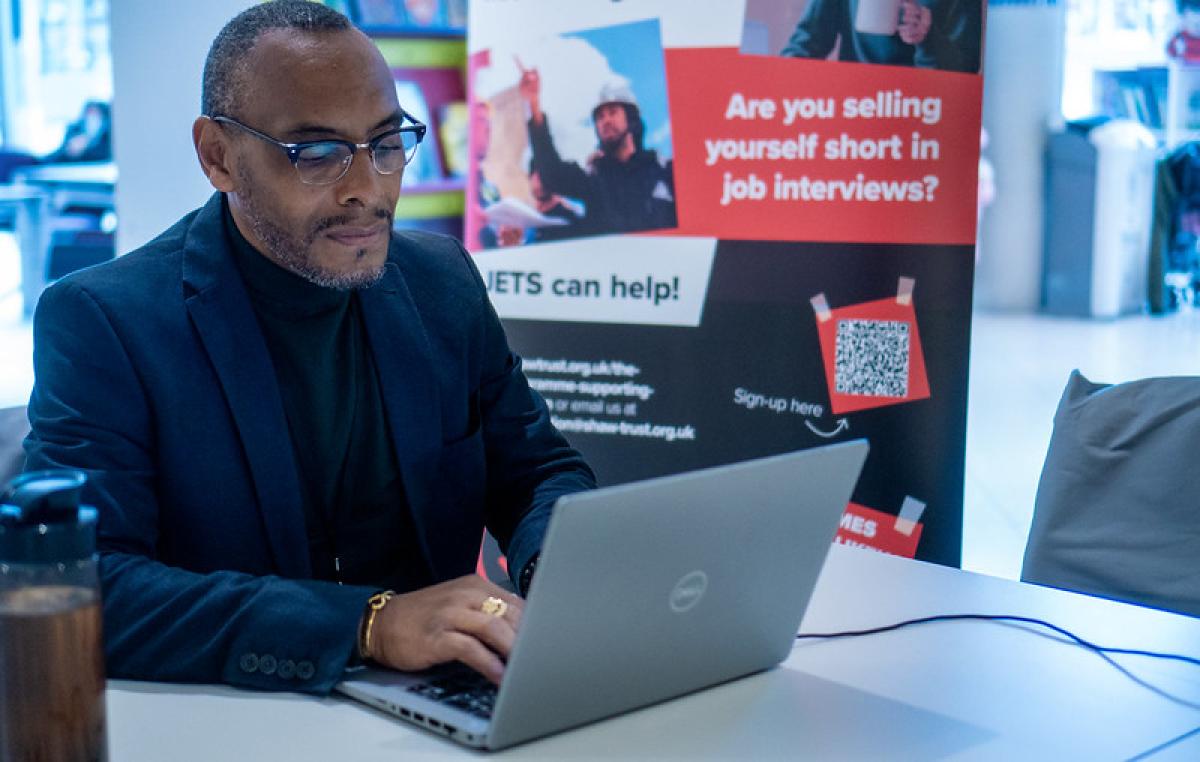New training programme aims to improve diversity in library leadership
A new online training programme will address issues of diversity, inclusion and resilience among library leaders.
The Leading Libraries programme - developed by Libraries Connected in partnership with CILIP - emphasises the value of diversity and the need for new, more collaborative styles of leadership within the libraries sector. These new styles recognise different types of lived experience and personal motivations, rather than relying on traditional “heroic” leadership models.
The modules, which were produced by the Birmingham Leadership Institute at the University of Birmingham, are structured around four core leadership capabilities: Leading for Resilience, Leading for Dialogue, Leading for Inclusion and Leading for Innovation. Unlike many online learning modules, Leading Libraries has been designed to be worked through gradually, allowing time for personal and group reflection. It can be accessed by all library staff, regardless of seniority.
The Leading Libraries training is supported by Arts Council England through its National Lottery funded Transforming Leadership programme.
Isobel Hunter MBE, chief executive of Libraries Connected, commented:
“Libraries have an incredible reach and one of the most diverse audiences in the cultural sector. The library workforce, however, doesn’t always reflect the diversity of the communities it serves – and that is particularly true of its leadership.”
”Our research has shown that people can be put off applying for leadership roles because they don’t fit the traditional definition of a leader. This innovative new training programme will challenge those preconceptions and encourage more people from diverse backgrounds to consider a career in library leadership.”
Nick Poole, chief executive of CILIP, commented:
“We are delighted to be launching the Leading Libraries training alongside Libraries Connected. This is an incredible opportunity to broaden access routes to leadership roles in libraries and ensure that the diversity of the communities they serve is reflected in the workforce. Equitable, diverse and inclusive leadership is a vital part of ensuring that libraries remain vibrant hubs for their communities and is a cornerstone of our professional ethics.”
“The Leading Libraries training is an excellent guide to developing the core skills for innovative and inclusive leadership.”

